Third-party AI tools are muddying sustainability metrics
The climate impact of AI tools has become an increasingly important conversation at firms


Nearly three-quarters (74%) of executives find measuring generative AI sustainability a challenge due to limited transparency from AI providers, according to research from Capgemini.
A lack of transparency in disclosure and reporting on generative AI’s environmental impact has become a major obstacle to businesses measuring and reporting on sustainability, the report found.
This was the most cited reason execs gave for not measuring the environmental impact of the technology, with other reasons being a lack of awareness in leadership teams (68%) and too great a level of complexity in measuring (64%).
With over three-quarters (78%) utilizing pre-trained generative AI models - and just 4% using internal, proprietary models - businesses are heavily reliant on third-party AI tools and, by extension, the associated climate metrics.
“You should be able to ask Copilot or ChatGPT what the carbon footprint of your last query is but none of the tools will give you a response to that question at the moment,” Niklas Sundberg, CDO at Kuehne+Nagel, said in the report.
Cyril Garcia, Capgemini’s head of global sustainability services and corporate responsibility, suggested these results point to a need for greater collaboration on sustainability.
“If we want generative AI to be a force for sustainable business value, there needs to be a market discussion around data collaboration, drawing up industry-wide standards around how we account for the environmental footprint of AI,” Garcia said.
Get the ITPro daily newsletter
Sign up today and you will receive a free copy of our Future Focus 2025 report - the leading guidance on AI, cybersecurity and other IT challenges as per 700+ senior executives
Almost a third (31%) of those surveyed said they’d taken steps to build sustainability into generative AI lifecycles, while over half are either using smaller models or power infrastructure with renewables - or plan to over the next 12 months.
AI sustainability is a hot topic
As generative AI continues to ramp up power consumption in data centers across the world, several firms are turning their attention towards sustainability in AI development.
RELATED WHITEPAPER
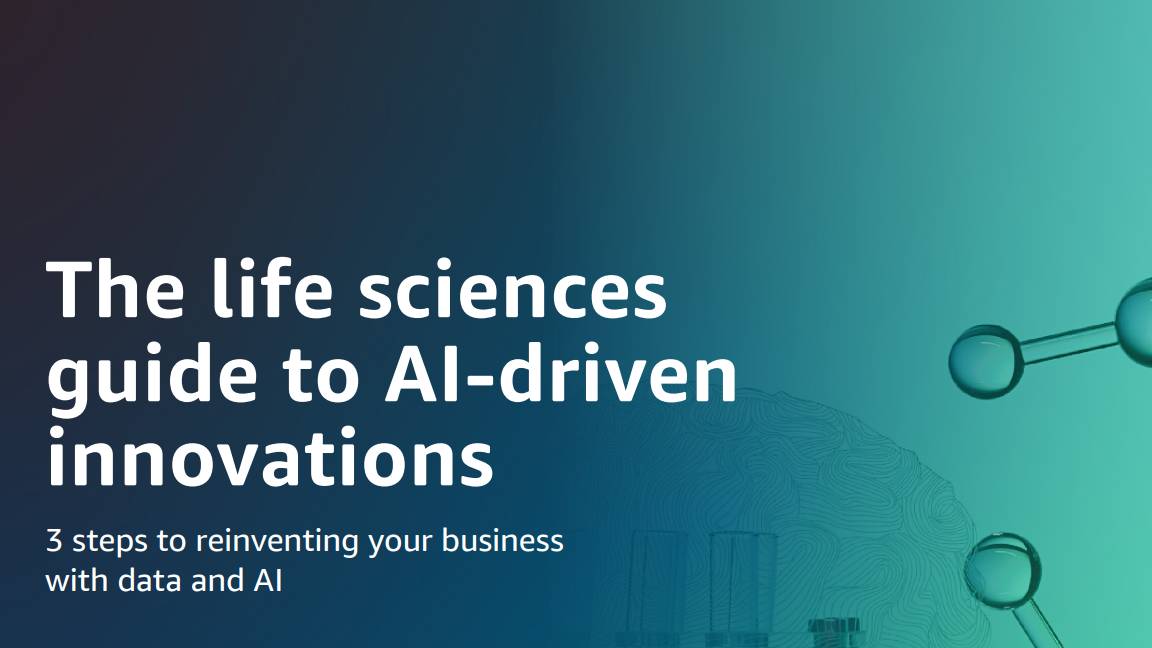
AWS, for example, unveiled new sustainable data center components at the end of 2024, with the firm’s sustainability lead Margaret O’Toole telling ITPro how this forms part of a wider mission at the firm.
Research from SambaNova recently found that 70% of business leaders said they were aware of the significant energy burden created by using AI tools.
Like the Capgemini report, though, another disconnect was revealed - only 13% are monitoring the power consumption of their AI systems, despite 60% acknowledging that energy efficiency will play an important role in future strategic planning.

George Fitzmaurice is a former Staff Writer at ITPro and ChannelPro, with a particular interest in AI regulation, data legislation, and market development. After graduating from the University of Oxford with a degree in English Language and Literature, he undertook an internship at the New Statesman before starting at ITPro. Outside of the office, George is both an aspiring musician and an avid reader.
-
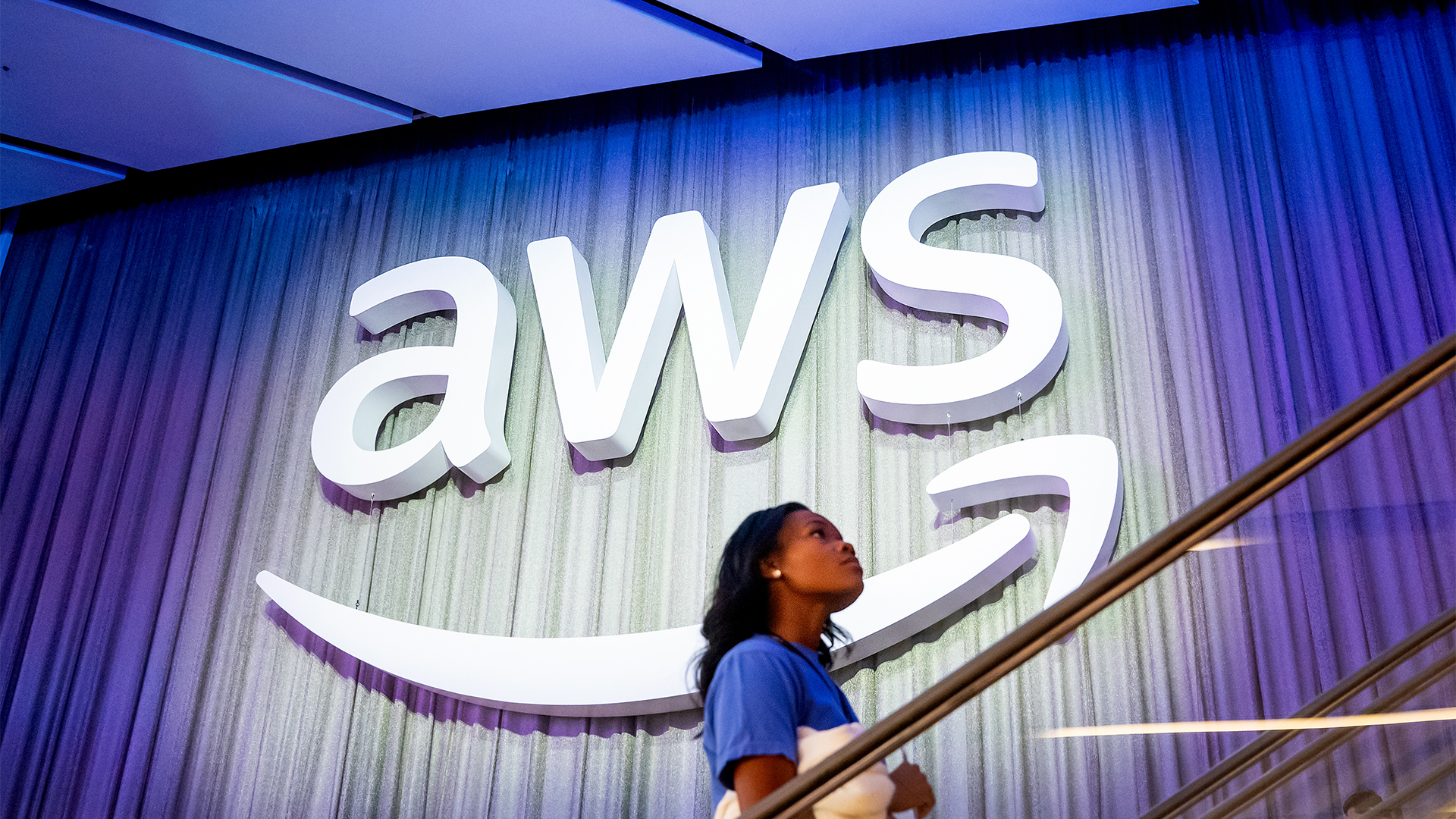 First Microsoft, now AWS: Why tech giants are hitting the breaks on costly data center plans
First Microsoft, now AWS: Why tech giants are hitting the breaks on costly data center plansNews Amazon Web Services (AWS) has paused plans for some data center leases, according to analysts, sparking further concerns about the cost of AI infrastructure spending plans.
By Nicole Kobie
-
 Edge devices are now your weakest link
Edge devices are now your weakest linkNews Compromised network edge devices have rapidly emerged as one of the biggest attack points for small and medium businesses.
By Bobby Hellard
-
 AI-first partnerships: Unlocking scalable growth for business
AI-first partnerships: Unlocking scalable growth for businessChannel partners play a vital role in facilitating AI adoption, but there's more to offering support than simple integration
By Neil Sawyer
-
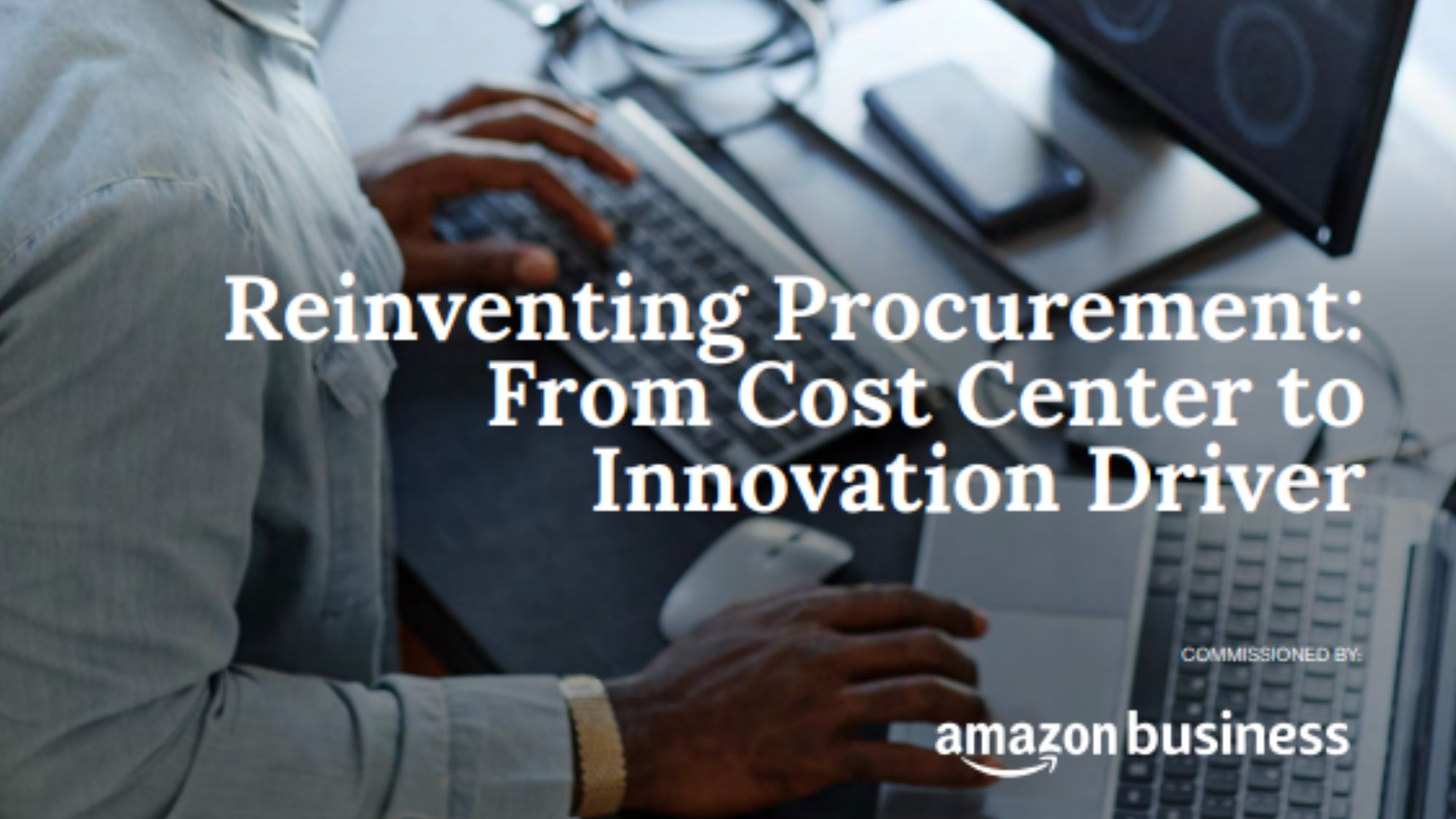 Reinventing Procurement: From Cost Center to Innovation Driver
Reinventing Procurement: From Cost Center to Innovation Driverwhitepaper
By ITPro
-
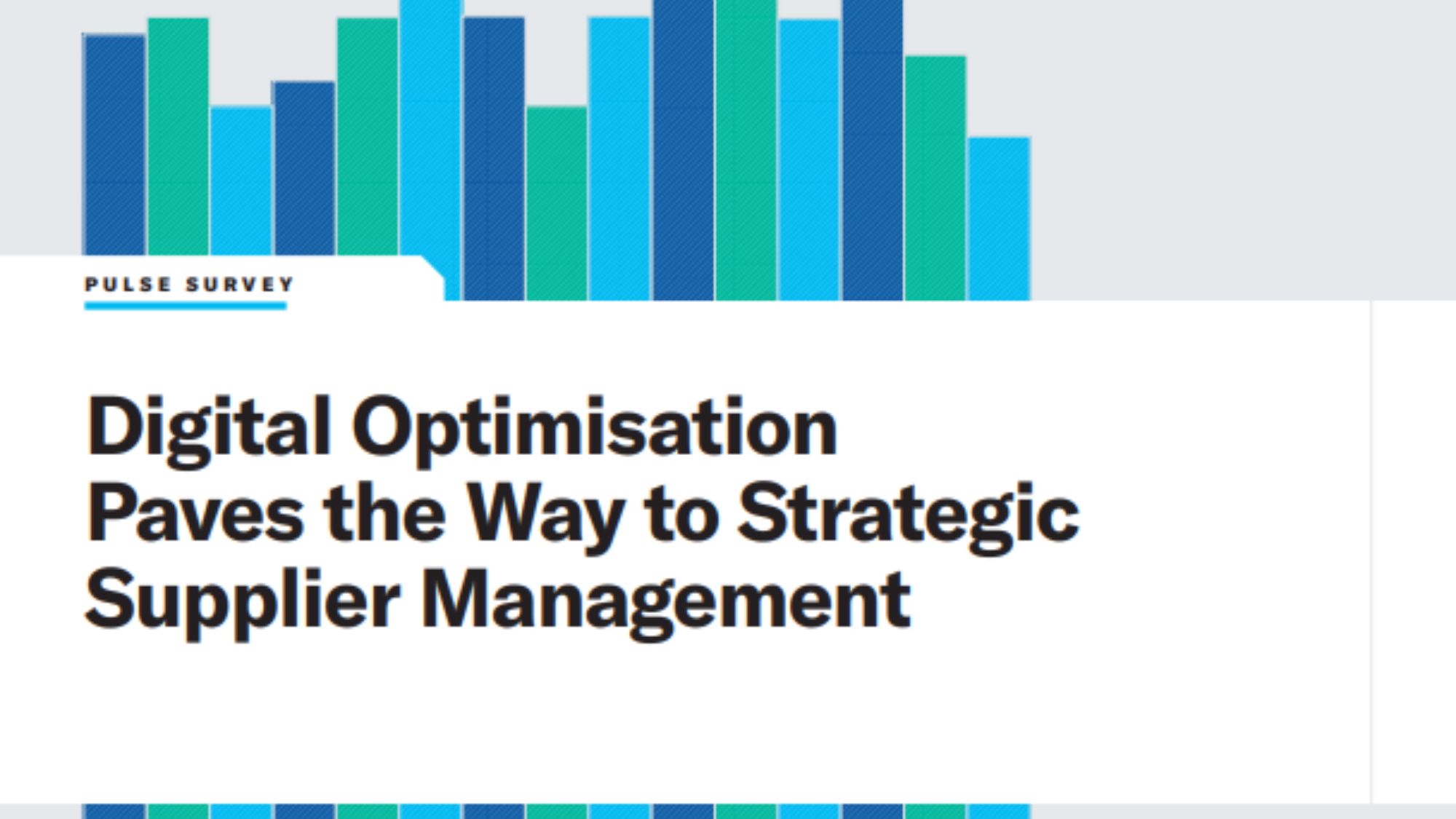 Digital Optimisation Paves the Way to Strategic Supplier Management
Digital Optimisation Paves the Way to Strategic Supplier Managementwhitepaper
By ITPro
-
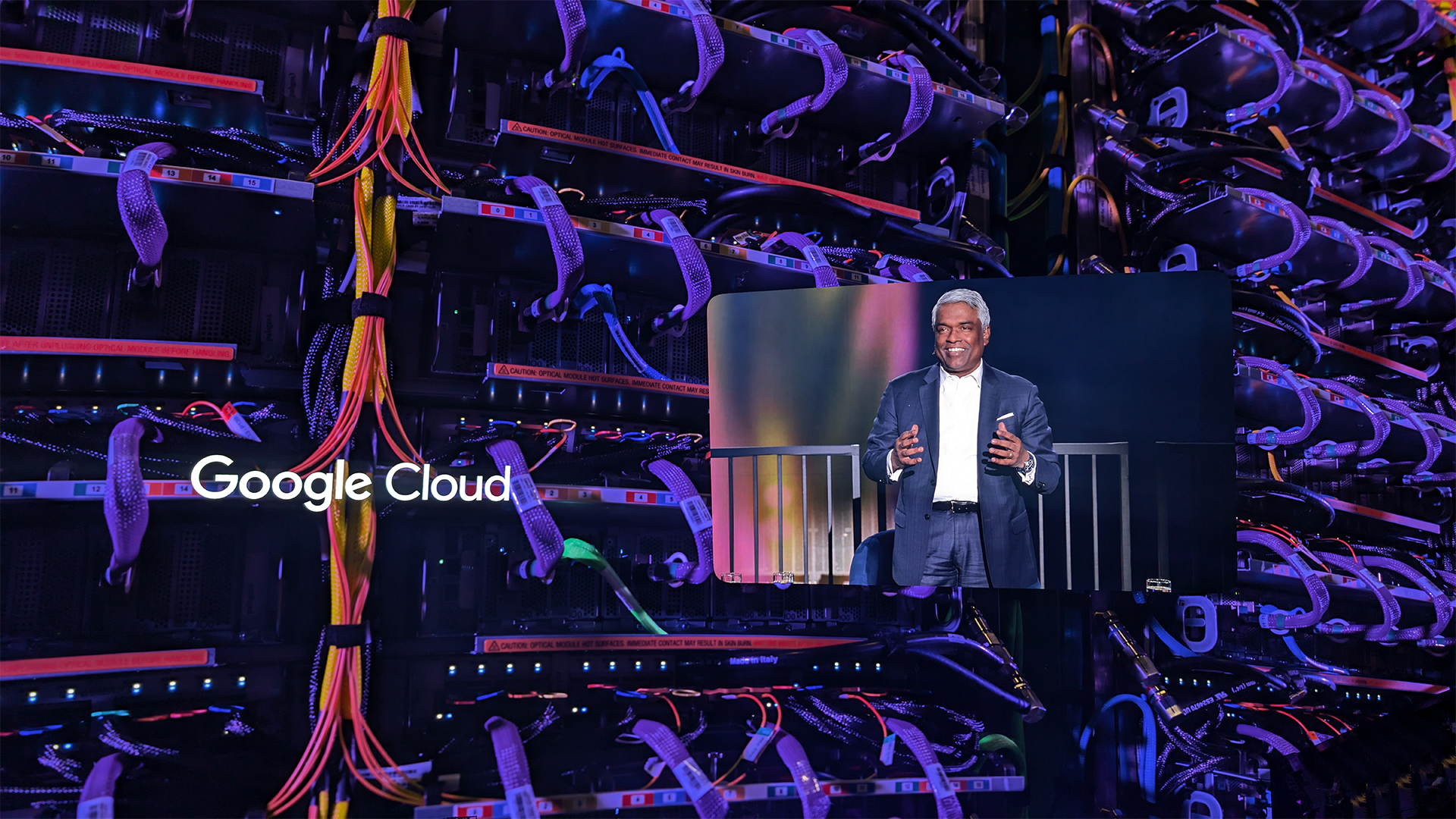 Google Cloud is leaning on all its strengths to support enterprise AI
Google Cloud is leaning on all its strengths to support enterprise AIAnalysis Google Cloud made a big statement at its annual conference last week, staking its claim as the go-to provider for enterprise AI adoption.
By Rory Bathgate
-
 Meta executive denies hyping up Llama 4 benchmark scores – but what can users expect from the new models?
Meta executive denies hyping up Llama 4 benchmark scores – but what can users expect from the new models?News A senior figure at Meta has denied claims that the tech giant boosted performance metrics for its new Llama 4 AI model range following rumors online.
By Nicole Kobie
-
 Fake it till you make it: 79% of tech workers pretend to know more about AI than they do – and executives are the worst offenders
Fake it till you make it: 79% of tech workers pretend to know more about AI than they do – and executives are the worst offendersNews Tech industry workers are exaggerating their AI knowledge and skills capabilities, and executives are among the worst offenders, new research shows.
By Nicole Kobie
-
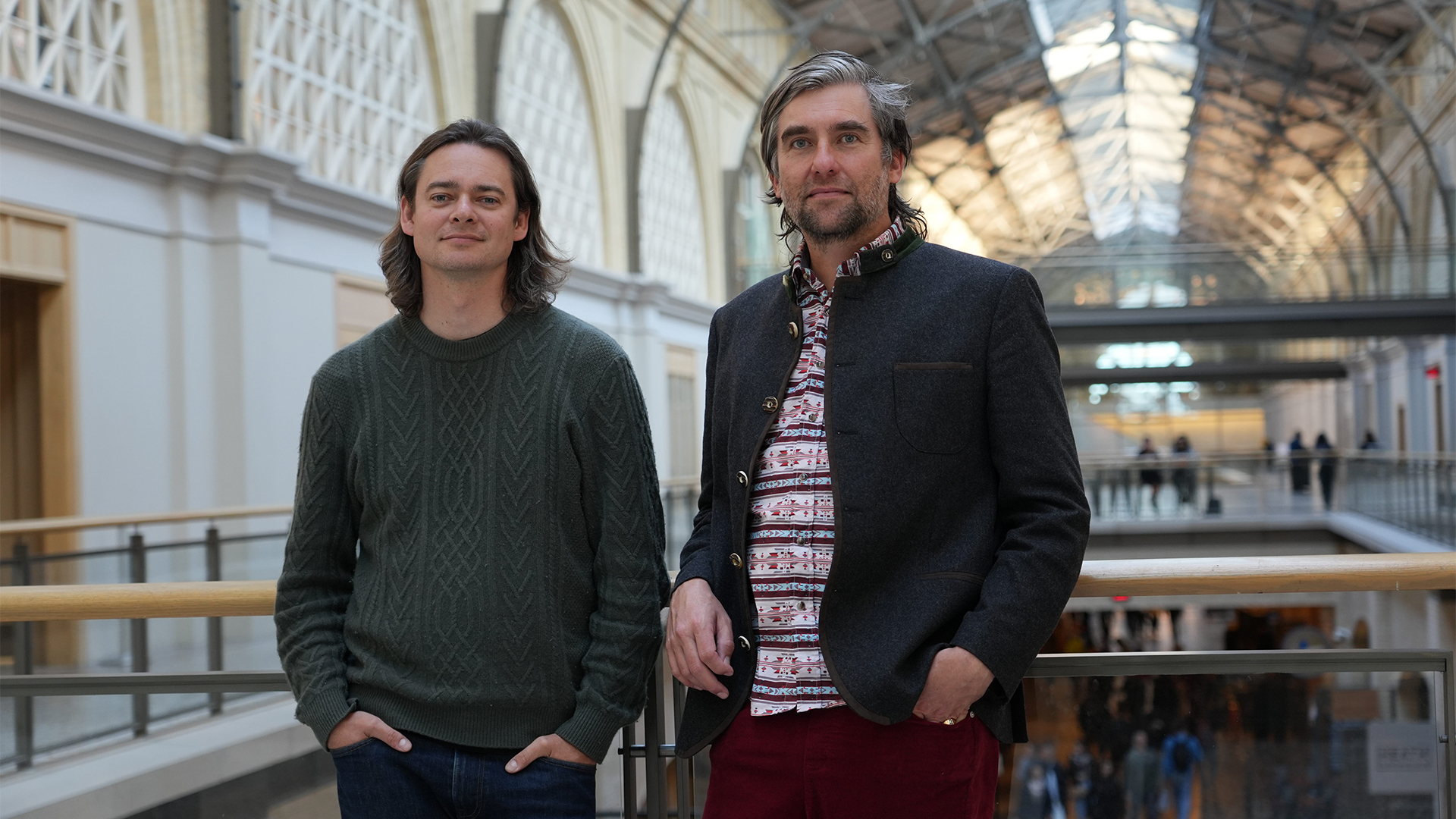 Sourcetable, a startup behind a ‘self-driving spreadsheet’ tool, wants to replicate the vibe coding trend for data analysts
Sourcetable, a startup behind a ‘self-driving spreadsheet’ tool, wants to replicate the vibe coding trend for data analystsNews Sourcetable, a startup developing what it’s dubbed the world’s first ‘self-driving spreadsheet’, has raised $4.3 million in funding to transform data analysis.
By Ross Kelly
-
 DeepSeek and Anthropic have a long way to go to catch ChatGPT: OpenAI's flagship chatbot is still far and away the most popular AI tool in offices globally
DeepSeek and Anthropic have a long way to go to catch ChatGPT: OpenAI's flagship chatbot is still far and away the most popular AI tool in offices globallyNews ChatGPT remains the most popular AI tool among office workers globally, research shows, despite a rising number of competitor options available to users.
By Ross Kelly